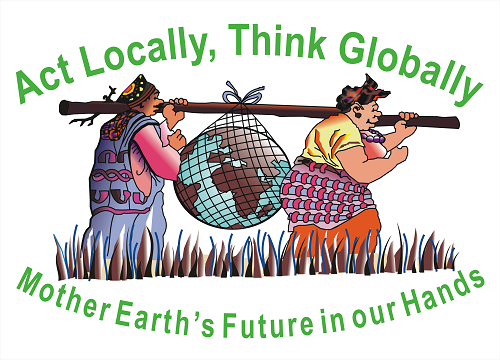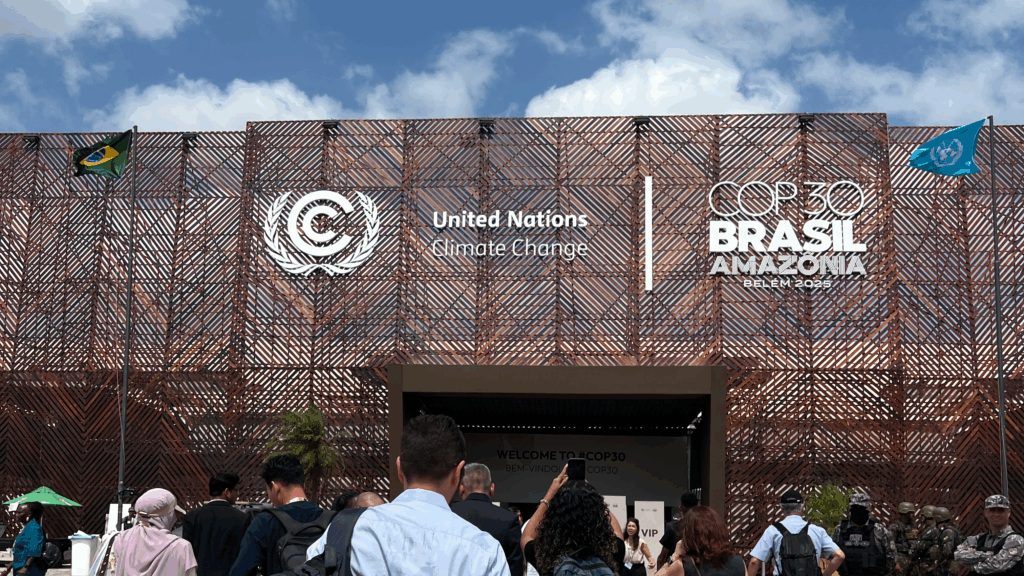
Transforming gender relations and turning to sustainable resource use in the Kilum-Ijim Forests of Cameroon
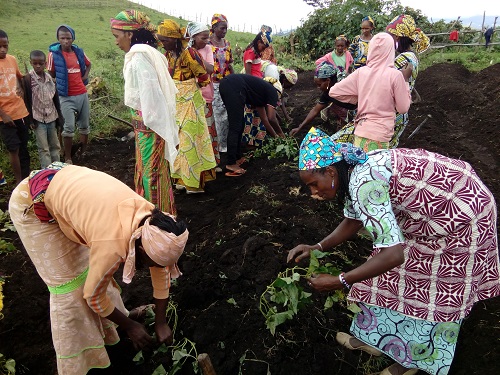
Description of the project:
CAMGEW engages local and ethnic women in sustainable forest management, while enhancing their human and socio-economic rights and transforming patriarchal gender relations in the forest communities. Cooperating with Oku local authorities and the government of Cameroon, CAMGEW gives women the opportunity to assume leadership positions of forest institutions and stakeholder platforms. They provide a broad range of trainings to over 2000 people : environmental education for schools and adults, bee farming, agroforestry and organic farming, small livestock breeding and biogas production, entrepreneurship skills with financial assistance. This initiative helps 800 young women fight domestic violence through counseling on their rights, business opportunities and community sensitization to counter early marriages.
Climate impact:
Training in agroforestry for 772 community members, two-thirds women, prevents soil erosion and deforestation, while responding to domestic food and firewood needs. Three plant nurseries provided farms at the forest periphery with 150,000 saplings. Forest education was imparted in schools, through social media, radio, social gatherings, men’s clubs. 240 Mbororo women gained skills on organic farming to improve fodder for their cattle and sheep, reducing farmer-grazer conflicts. 900 bee hives donated to farmers guard health of the forest.
Gender impact:
CAMGEW has applied gender mainstreaming across all its activities: agroforestry and organic farming with cattle breeding, plant nurseries, beekeeping, business skills trainings for 1580 women, including dressmaking & hairdressing for 20 girls; giving loans to 1325 of them. Counseling 800 victims of domestic violence and sexual abuse–including teenage mothers and HIV/AIDS infected–on their social rights, and empowering them with business skills and advice on nutrition and health, working on legalization of mariages, CAMGEW transforms the gender relations in patriarchal Mbororo communities.
Scalability:
The project is a model of constructive cooperation and knowledge sharing with local and national public authorities and a broad range of stakeholders – research institutes, foundations, NGOs- making it replicable and scalable. Train the trainer scheme with use of local experts, enhances continuous learning and sustainability of this model. There are, for example, exchange visits between honey cooperatives, bee farmers and bee farmer groups. The Honeyshop is a demonstration centre for research, learning and marketing.
read the latest from our network
We work across regions and movements in deep solidarity. Together, we’re building collective advocacy to global problems.



PS: Do Not Step into the Footnote Trap
19/11/2025
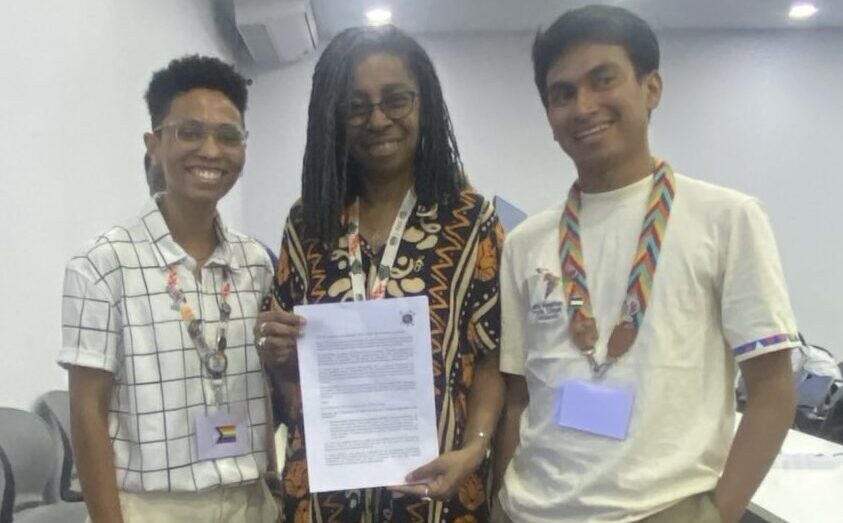
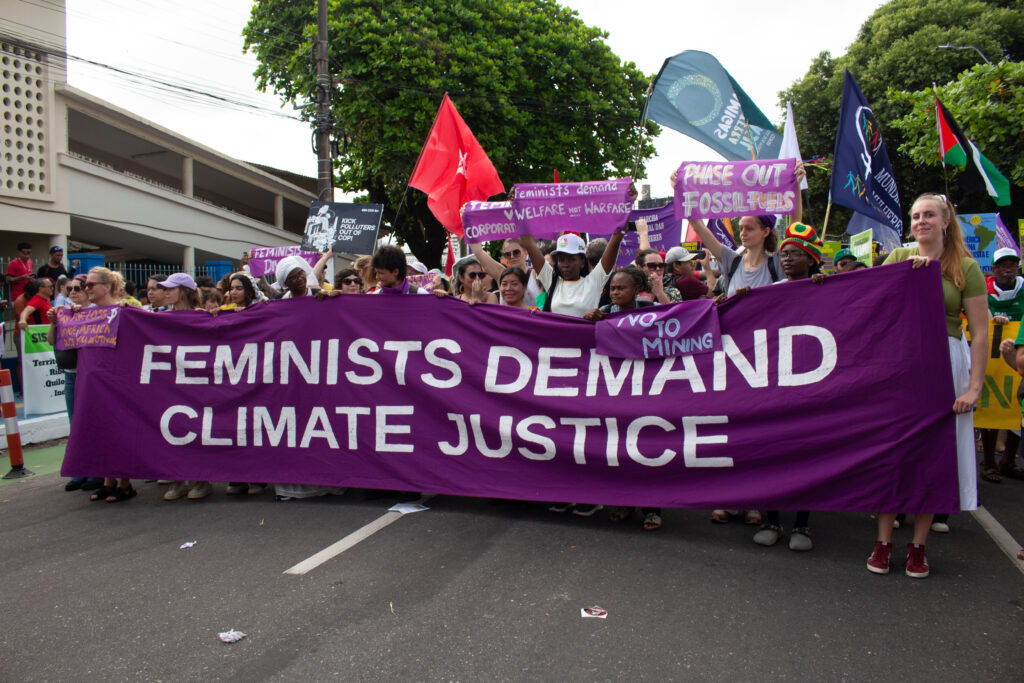
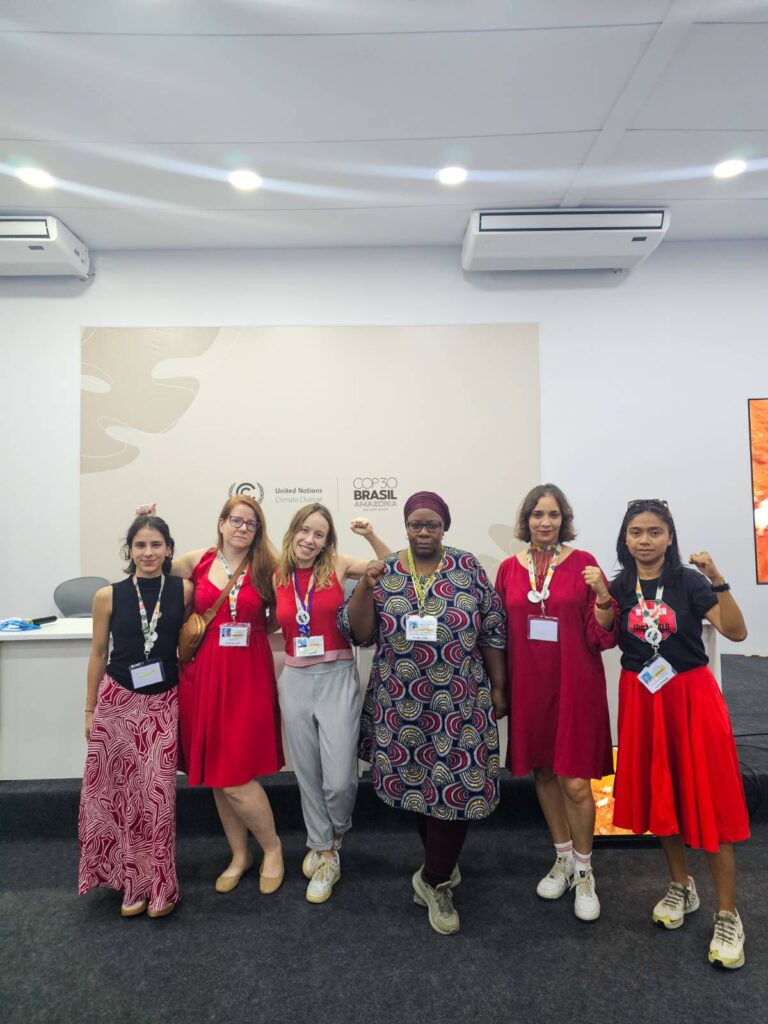
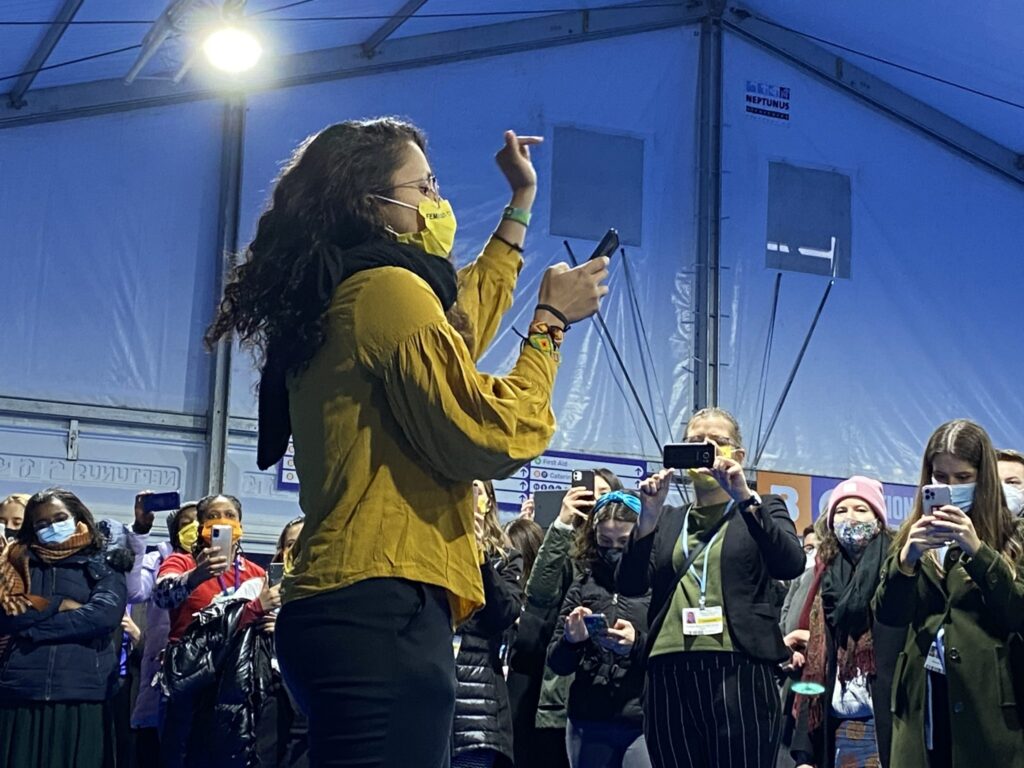
Gender Just Climate Action requires truth
12/11/2025
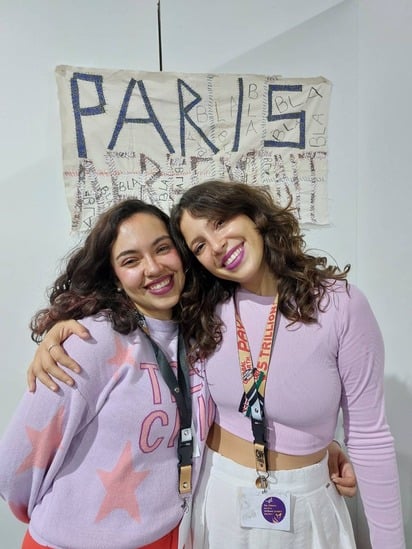
Nov 11 Action Alert: Gender Justice Day
10/11/2025


